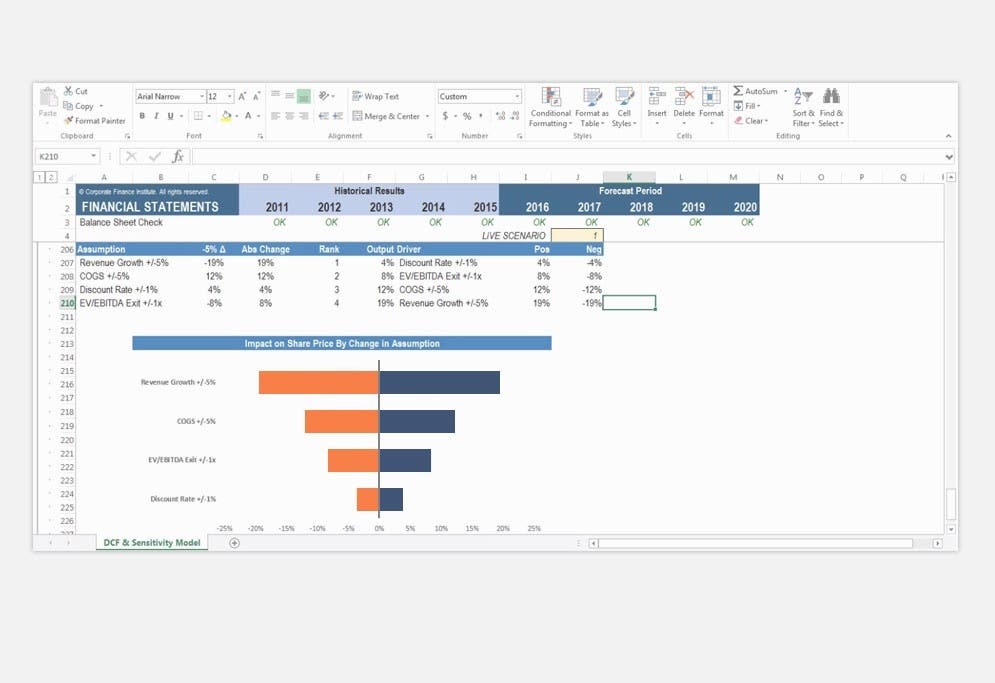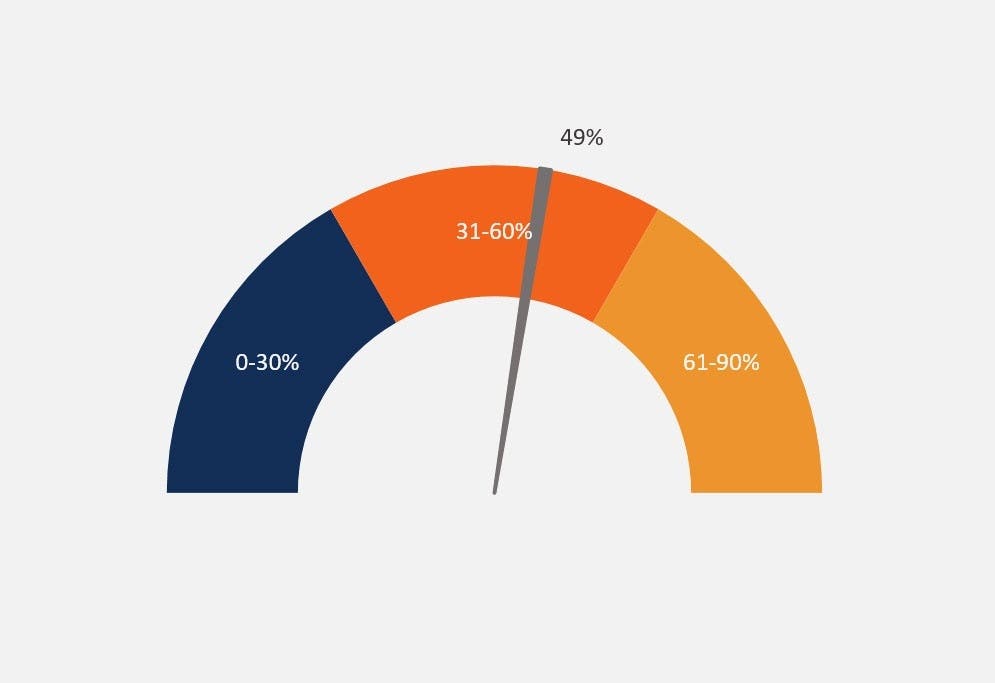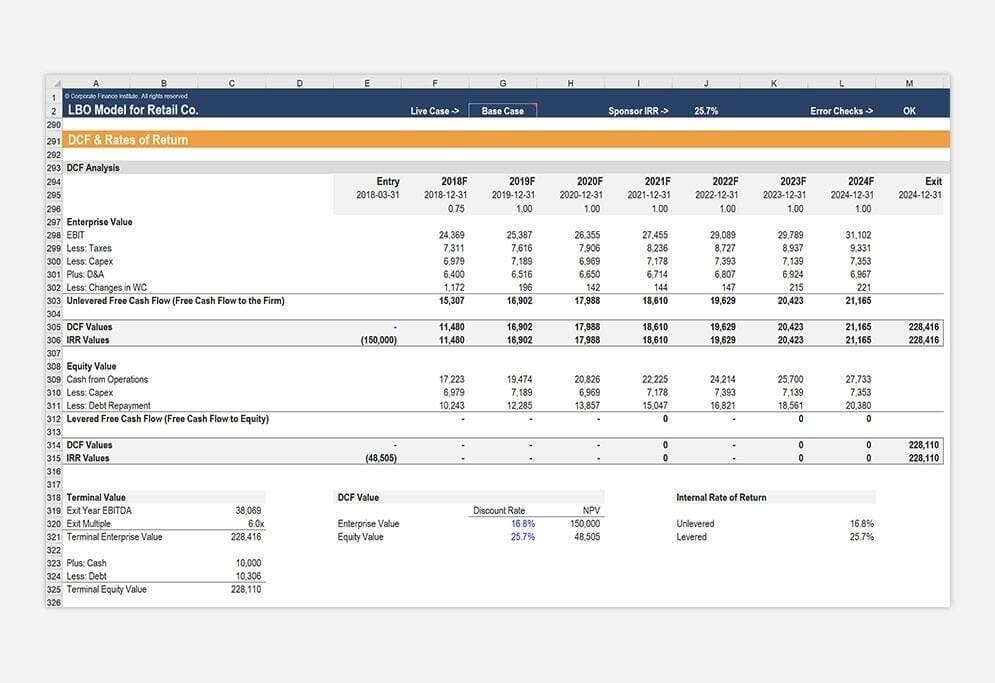
- What are Decentralized Applications?
- Importance of dApps
- 1. Enhanced Security
- 2. Increased Privacy and User Control
- 3. Elimination of Intermediaries and Reduced Costs
- 4. Enhanced Transparency and Immutability
- 5. Increased Interoperability and Seamless Integration
- 6. Empowering the Unbanked and Underprivileged
- Types of dApps
- 1. Financial dApps (DeFi)
- 2. Social dApps
- 3. Supply Chain dApps
- 4. Gaming dApps
- 5. Voting and Governance
- Careers with dApps
What are dApps?
Decentralized Applications, or dApps for short, are software applications built upon blockchain technology over a decentralized network
What are Decentralized Applications?

Decentralized applications, known as dApps, are software applications built on blockchain technology. Unlike traditional applications that are controlled by a central authority, dApps operate on a decentralized network, where data and transactions are distributed across multiple nodes.
dApps leverage the security, transparency, and immutability of blockchain to provide organizations with increased privacy, ownership, and control over their data and digital assets. With the growing popularity of blockchain, dApps have emerged as a revolutionary concept, offering various advantages such as enhanced security, reduced costs, and the elimination of all third parties.
Key Highlights
- dApps are decentralized applications built on blockchain, providing enhanced security and user control.
- Advantages of dApps include increased privacy, reduced costs, elimination of intermediaries, transparency, interoperability, and financial inclusion.
- dApps have various applications in finance, gaming, social media, supply chain, healthcare, and governance.
Importance of dApps
1. Enhanced Security
dApps leverage the cryptographic features of blockchain technology, which makes them highly secure and resistant to hacking or unauthorized access. The decentralized nature of dApps eliminates single points of failure. In other words, it’s extremely difficult for malicious actors to manipulate or compromise the system.
2. Increased Privacy and User Control
dApps prioritize user privacy by design. It ensures that personal data is not stored on centralized servers vulnerable to data breaches. Organizations have maximum control over their data and can choose what information to share and with whom, reducing the risks associated with data misuse or surveillance.
3. Elimination of Intermediaries and Reduced Costs
dApps remove the need for intermediaries such as banks, brokers, or other third parties, enabling direct peer-to-peer interactions. This eliminates unnecessary fees, delays, and dependencies on centralized entities, leading to lower transaction costs and faster processing times. This is especially crucial today as one of the effects of inflation on small-to-medium sized businesses has been reduced cash flow to spend on third-party software.
4. Enhanced Transparency and Immutability
dApps operate on a transparent and immutable blockchain, meaning that once data is recorded, it cannot be altered or tampered with. This ensures trust and accountability at the organizational level, making dApps ideal for applications that require auditable records or proof of authenticity.
5. Increased Interoperability and Seamless Integration
dApps are designed to be interoperable, seamlessly interacting with other compatible applications and services. This opens up opportunities for collaboration, data sharing, and the creation of innovative ecosystems that can leverage the strengths of different dApps.
6. Empowering the Unbanked and Underprivileged
dApps have the potential to provide financial services and opportunities to individuals who lack access to traditional banking systems. With dApps, people can participate in decentralized finance (DeFi), access loans, and engage in economic activities without needing a traditional bank account.
Types of dApps
dApps can be used in almost every industry that currently uses traditional apps, as well as many other new use cases. Here are a few examples of the types of dApps that exist:
1. Financial dApps (DeFi)
Financial dApps have gained popularity in recent years, offering decentralized financial services without the need for intermediaries like banks. These dApps facilitate various activities such as automated trading, borrowing, lending, stablecoins, decentralized exchanges, and yield farming.
DeFi dApps aim to provide open, accessible, and transparent financial solutions to users globally. dApps help improve efficiency, especially across lending platforms. One reason people consider a personal loan is because of emergencies, so efficiency is key.
2. Social dApps
Social dApps aim to disrupt traditional social media platforms by offering decentralized alternatives that prioritize user privacy, data ownership, and censorship resistance. These dApps enable users to connect, share content, and interact without relying on centralized servers, or lose ownership and control over what they post. These types of often leverage blockchain to ensure data integrity, protect user privacy, and incentivize active participation within the community.
3. Supply Chain dApps
Supply chain dApps utilize blockchain technology to enhance transparency, traceability, and efficiency in supply chain management. These dApps enable stakeholders to track and verify the movement of goods, ensuring authenticity, reducing counterfeiting, and improving trust throughout the supply chain. They can also streamline processes such as inventory management, product provenance, and logistics.
4. Gaming dApps
Gaming dApps use blockchain technology to enhance the gaming experience, introducing features like true ownership of in-game assets, verifiable scarcity, and provable fairness. These dApps enable players to trade, sell, and monetize their virtual assets on decentralized marketplaces. Additionally, gaming dApps often incorporate elements of play-to-earn, where players can earn cryptocurrency or other rewards for their in-game achievements.
5. Voting and Governance
Governance dApps enable decentralized decision-making and governance of organizations or communities. They utilize blockchain-based voting systems and smart contracts to ensure transparency, accountability, and participation in decision-making processes. These dApps empower users to have a voice in the development and direction of projects, protocols, or decentralized autonomous organizations (DAOs).
Careers with dApps
The field of dApps offers a wide range of career opportunities for individuals interested in blockchain technology and its applications. Professionals in this field can contribute to the development, implementation, and growth of dApps and provide specialized services related to blockchain.
Here are some of the career opportunities in the industry:
- Blockchain Developer – Blockchain developers specialize in creating and maintaining the codebase of dApps. They possess programming skills and knowledge of blockchain platforms, smart contracts, and decentralized protocols to build secure and functional dApps that meet specific business or industry requirements.
- Smart Contract Developer – Smart contract developers focus on designing and coding the logic behind smart contracts, self-executing contracts stored on the blockchain. They ensure the proper implementation of business rules, automate processes and enhance the functionality and security of dApps.
- Blockchain Architect – Blockchain architects design the overall structure and framework of dApps. They have a deep understanding of blockchain technology, consensus mechanisms, and scalability considerations, and they provide guidance on the selection of the appropriate blockchain platform and infrastructure for dApp development.
- Blockchain Consultant – Blockchain consultants provide advisory services to organizations seeking to integrate dApps into their business processes. They analyze client requirements, assess feasibility, and offer strategic recommendations on implementing blockchain solutions, including dApp development, blockchain adoption strategies, and regulatory compliance.
- UX/UI Designer for dApps – UX/UI designers specializing in dApps focus on creating intuitive and user-friendly interfaces for dApp users. They ensure that dApps offer a seamless and engaging user experience, considering factors such as usability, accessibility, and visual appeal, while adhering to the unique requirements of blockchain technology.
Related Articles
See all cryptocurrency resources
Specialization
Introduction to Cryptocurrency
An introduction to cryptocurrencies and the blockchain technology behind them.

Create a free account to unlock this Template
Access and download collection of free Templates to help power your productivity and performance.
Already have an account? Log in
Supercharge your skills with Premium Templates
Take your learning and productivity to the next level with our Premium Templates.
Upgrading to a paid membership gives you access to our extensive collection of plug-and-play Templates designed to power your performance—as well as CFI's full course catalog and accredited Certification Programs.
Already have a Self-Study or Full-Immersion membership? Log in
Access Exclusive Templates
Gain unlimited access to more than 250 productivity Templates, CFI's full course catalog and accredited Certification Programs, hundreds of resources, expert reviews and support, the chance to work with real-world finance and research tools, and more.
Already have a Full-Immersion membership? Log in





